Walkeology: Wanders, Wonders and Wunderkammers
Fay Stevens takes us on a tour of the Walkeology project, inviting us to walk and connect with material culture around us, collecting and curating as we go. We can all create a ‘wunderkammer’ – a cabinet of curiosities – that mirrors our experience, emotions and environment as we go. In doing so, we follow in the footsteps of great antiquarians including Elias Ashmole and Sir John Soane, and engage with a rich heritage that lives not just in museums, but wherever we walk, collect and curate - even on our kitchen tables.
In this episode, the final one of Season 7 we join Fay Stevens, Adjunct Assistant Professor at the University of Notre Dame, and explore walking as a question. An archaeologist by training, Fay is interested in the potential of objects and the way we organise them to inspire wonder and stimulate both the individual mind and collective conversation.
Fay invites us to look closer at our world, to collect as we go, and to curate the resulting finds into our own cabinet of curiosities - a walking Wunderkammer. This invitation related to Fay’s work on a project known as ‘Walkeology’, created during the lockdowns of 2020 and 2021, when daily walks became a cherished and much-needed daily activity for many of us. The project contributed to the 2021 International Encounters Conference, at Prespa in Greece, whose theme was ‘Walking as a Question’; and evolved too into an event at Winchester Heritage Open Days that year. Later in 2022, Fay will publish a paper on the same subject.
Together, we note the long and illustrious history of cabinets of curiosities. Their rich heritage includes celebrated examples from Elias Ashmole (whose collection formed the foundation of today’s Ashmolean Museum in Oxford), and Sir John Soane (whose house in central London remains arguably the world’s foremost Wunderkammer). Often, these well-known collectors organised their displays to reflect their education and experience.
Today, contemporary artists continue to engage with the potential of materiality and the differing ways we can arrange objects to affect our interpretation of what we see before us- albeit often for different reasons. One way is to explore ‘phenomenological methods’ of being in a landscape, ‘listening’ to our bodies and our senses as we are affected by our surroundings, and drawing from these experiences. We often do this literally, as we pick up objects and take them with us, creating ‘embodied cartography’. That is, we create maps with the objects we acquire, and within those maps, are our experiences. By looking back at these ‘cartological collections’ we can chronicle, query and interpret the experiences that created them: this is walking as a question, or ‘walkeology’.
Fay is fascinated by how this kind of inquiry can ‘wake’ us to new experiences and new knowledge - as it did especially during lockdowns, when many of us were challenged to explore both familiar and new spaces, in unprecedented ways. Each of us has our own method of walking – intentional, paced; drifting, slow, or following light or sounds.
When we walk near heritage sites – which can be truly anywhere, as anything has a heritage – we experience that heritage anew; and that’s really exciting. Some walks have their own special aspects, too: walk the Clarendon Way between the historic Cathedrals of Salisbury and Winchester, and you are arguably walking as a form of faith, for example.
So we are invited to walk; and, when we return, either with memories, experiences or with physical spoils from a walk, to start to arrange, draw or engage in other activities prompted. In doing so, we can each conduct our own walkeology: from wanders to wonders, and the creation of our own ‘wunderkammer’.
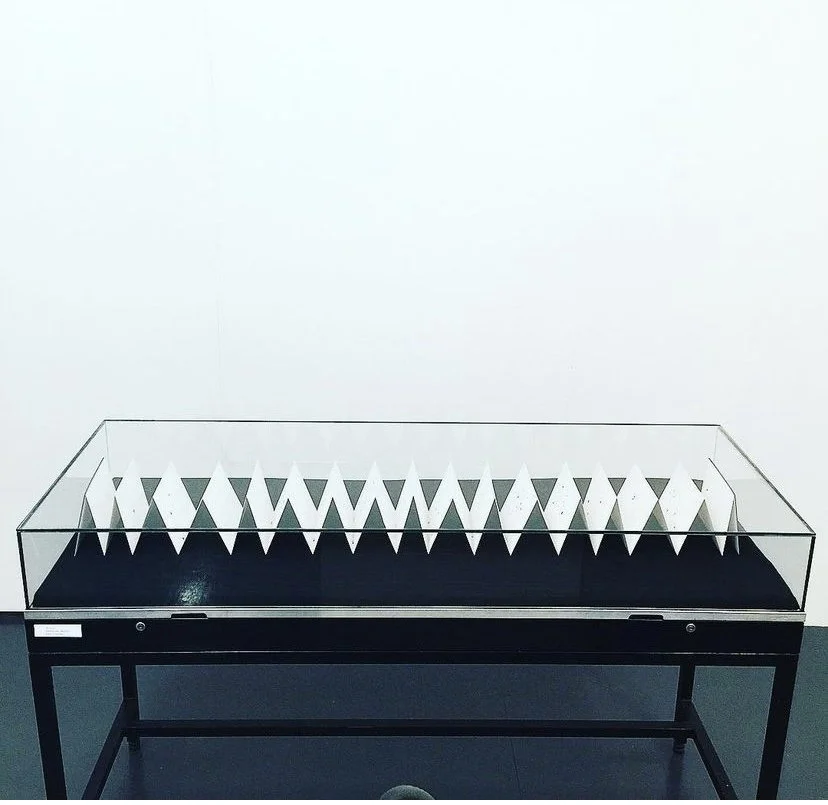
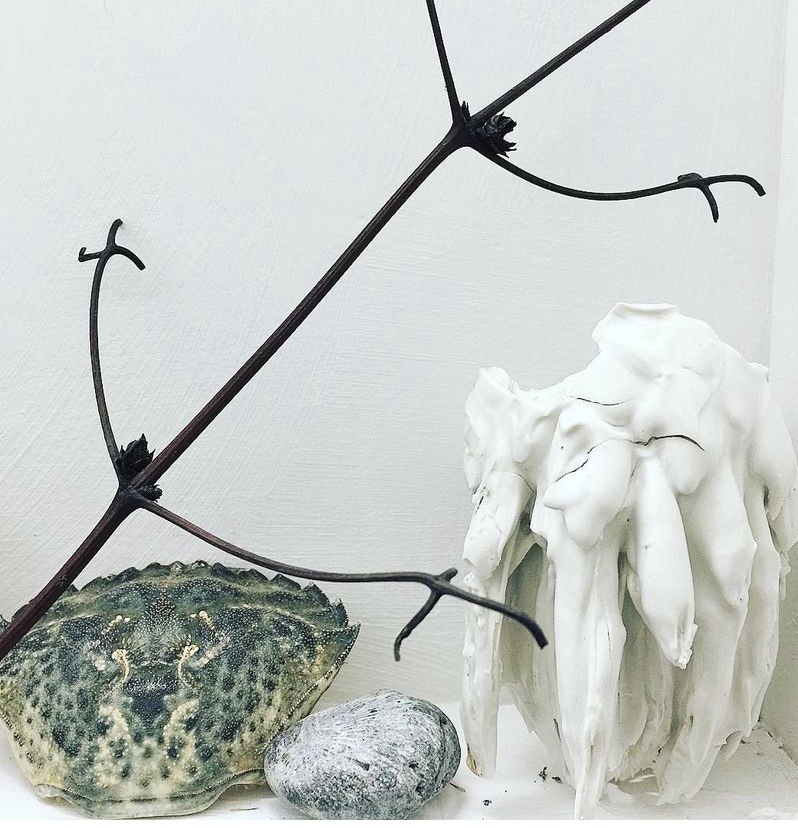
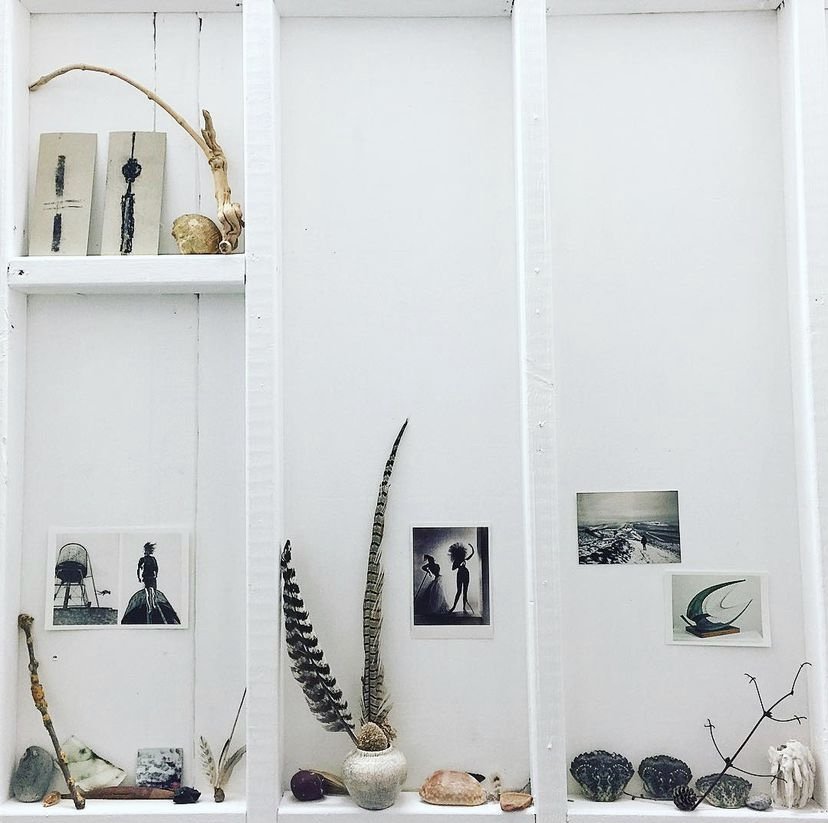
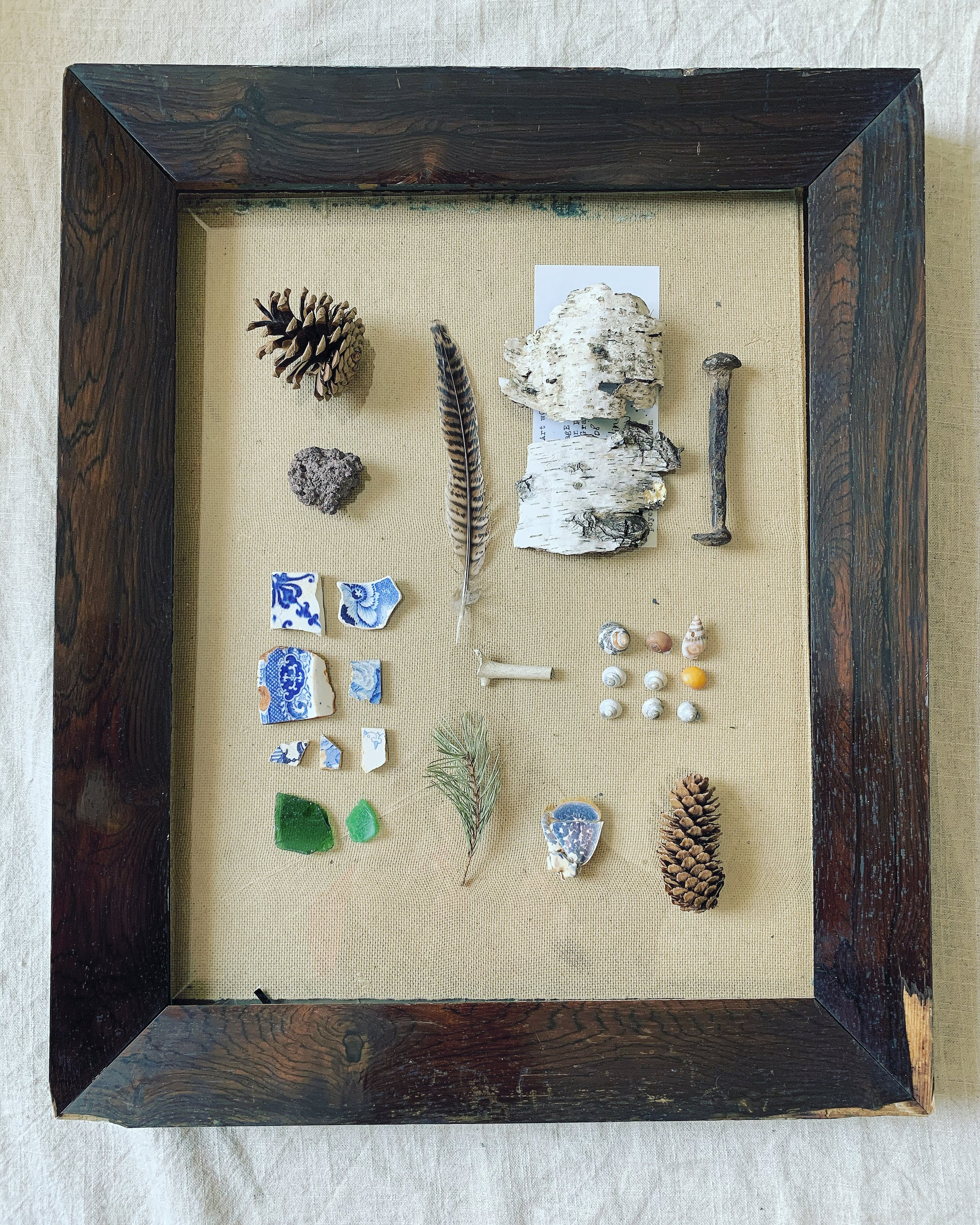
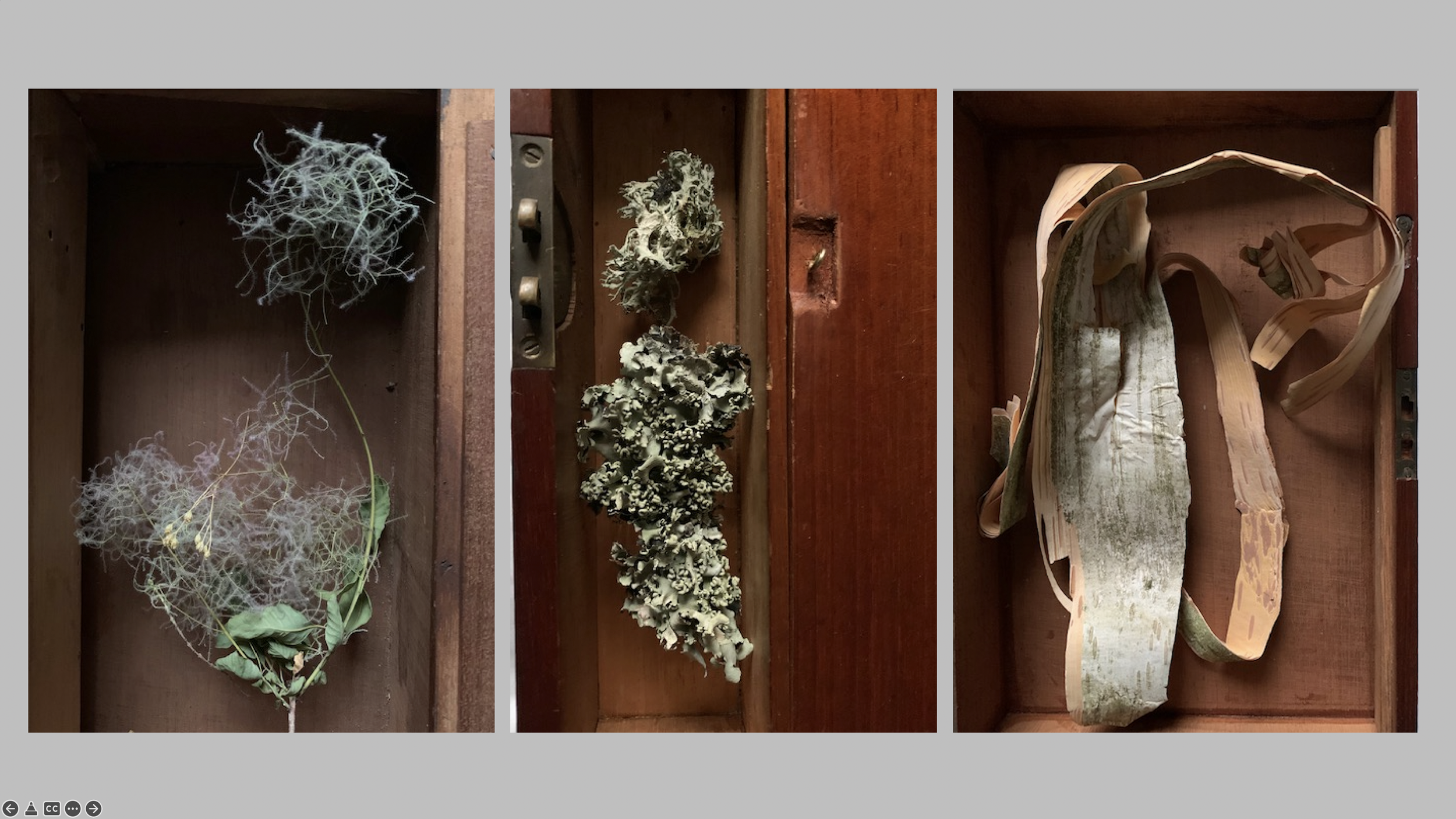
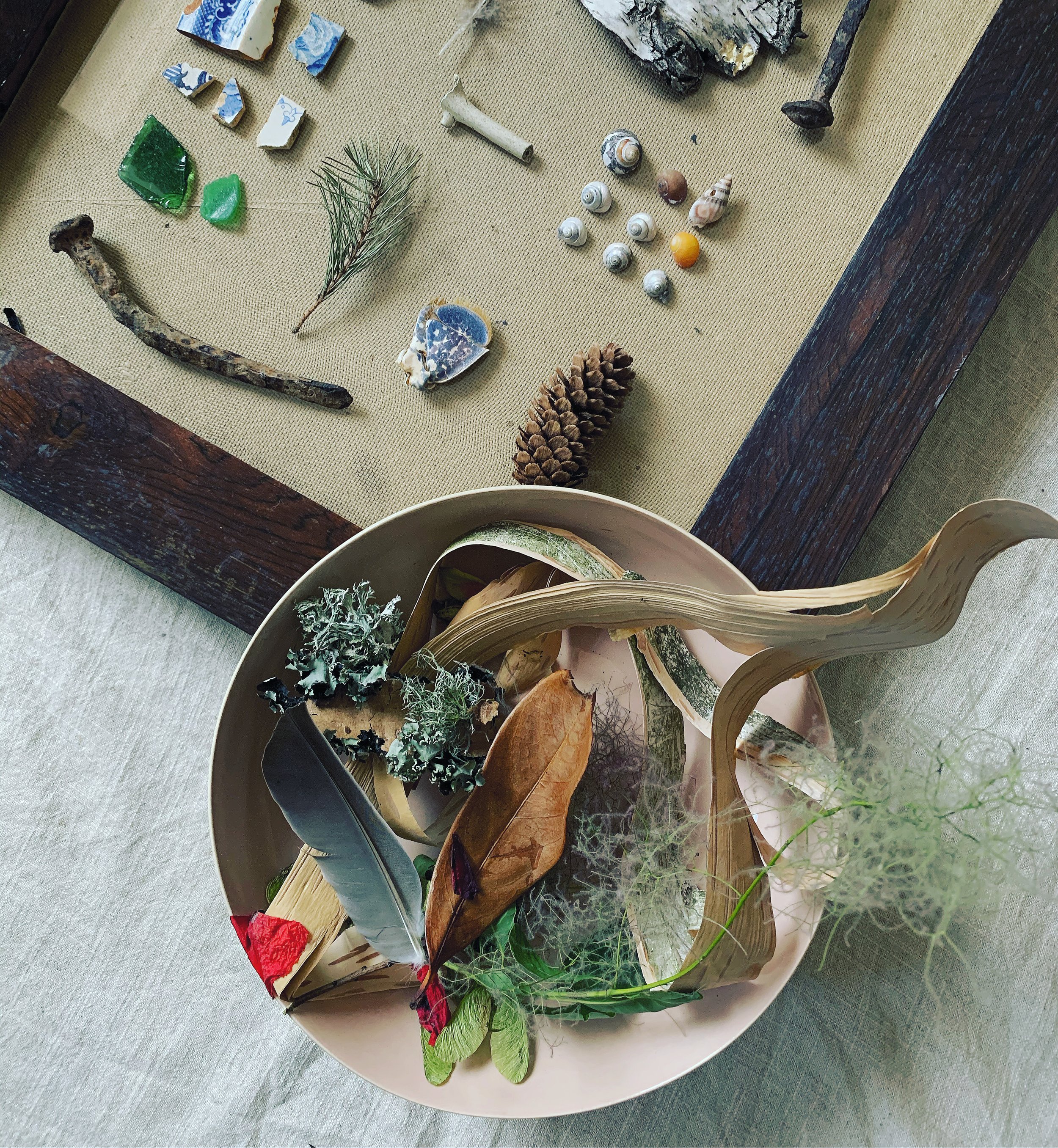
Fay Stevens
Fay Stevens is an archaeologist, lecturer and researcher. She has worked in archaeological projects in Armenia, Europe and the UK and has travelled extensively on academic research including Syria, Jordan, USA and Japan. She teaches at the London Faculty of the University of Notre Dame, and is also a Visiting Lecturer for the MA in Cultural Heritage and Resource Management at University of Winchester, Sessional Lecturer at University of Oxford (OUDCE and OUSSA) and Visiting Lecturer in academic literacies, research methods, theory and practice for The Royal Central School of Speech and Drama, University of London.
FURTHER RESOURCES
You can see examples of Fay’s work at the following links:
A ‘soundwalk’ paper: Embodied Cartographies: Mineral Liquidities and Fluid Heritage in Bath (UK) and Guimarães (Portugal)
On Instagram (@stillpoints)
Via her presentation to the Drawing Symposium (February 2022 – approximately 26.10 minutes into the recording)
If you want to learn more about ‘Walking as a Question’, then why not explore their website.
